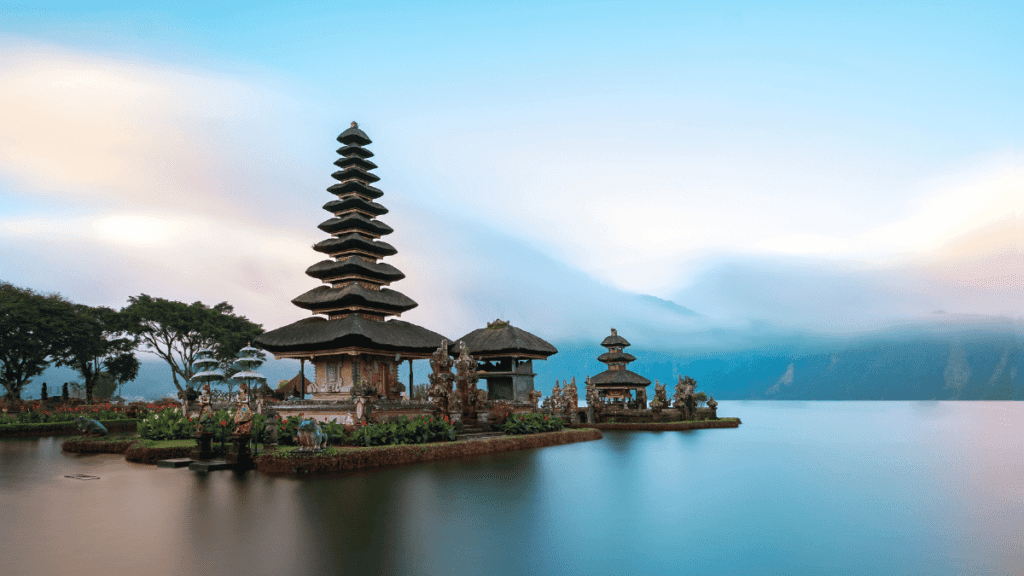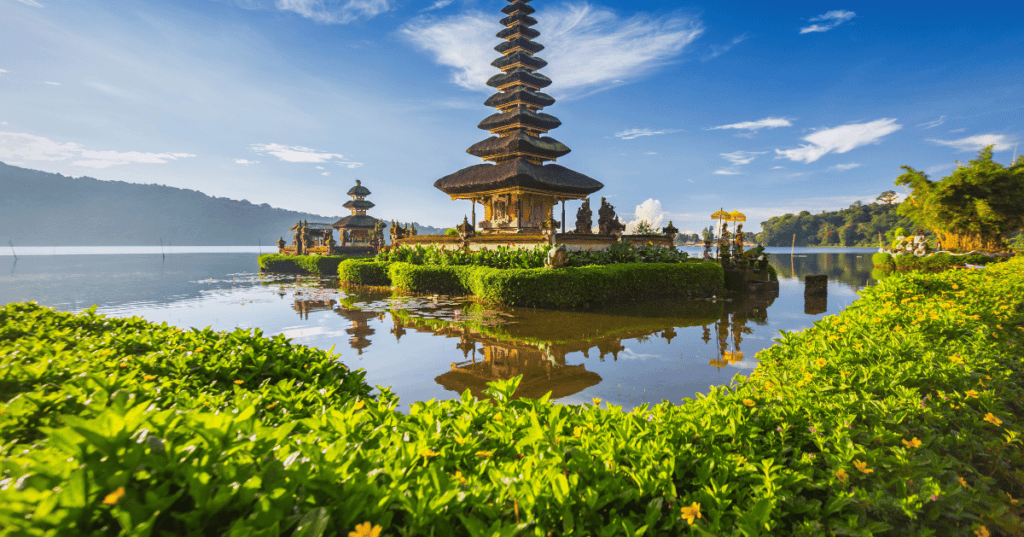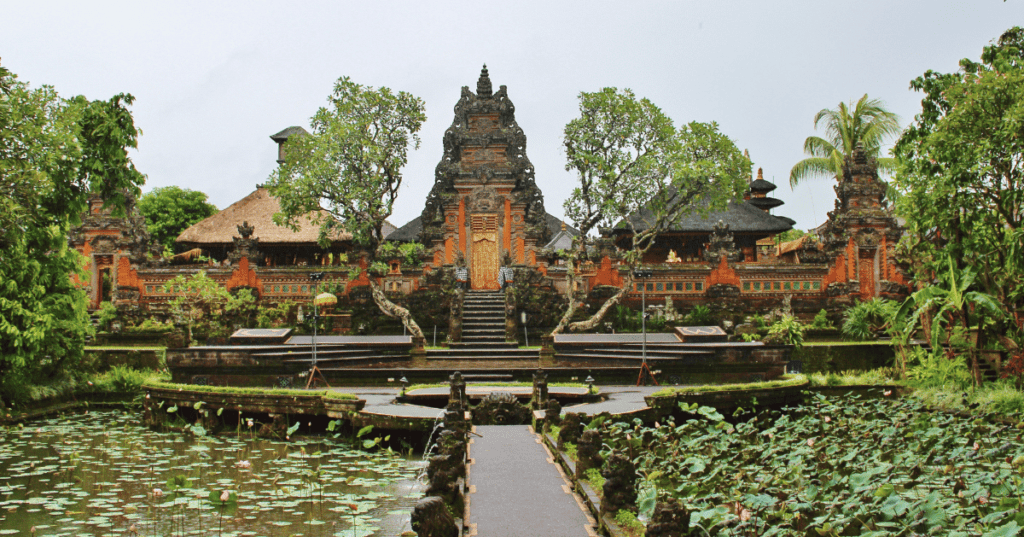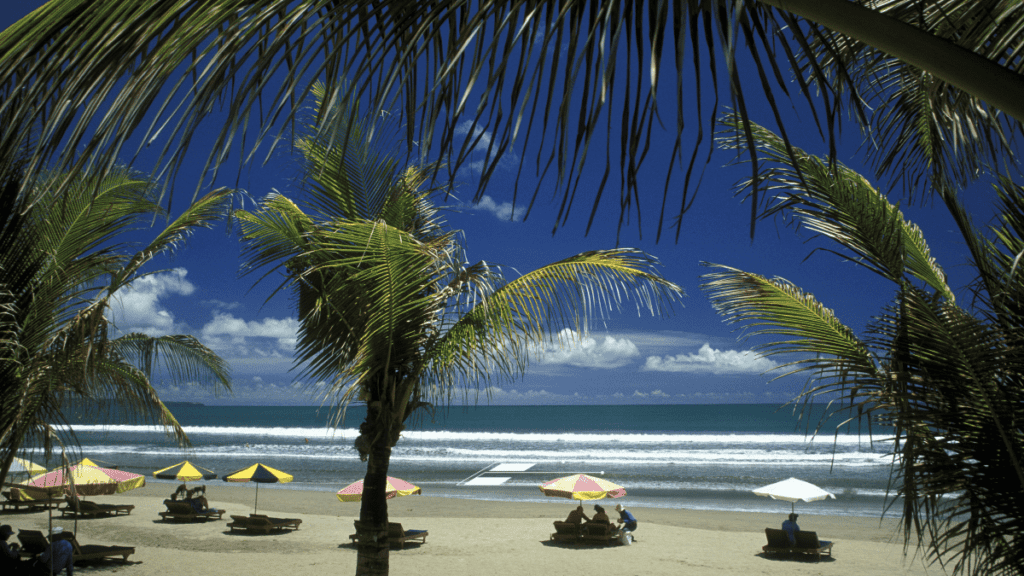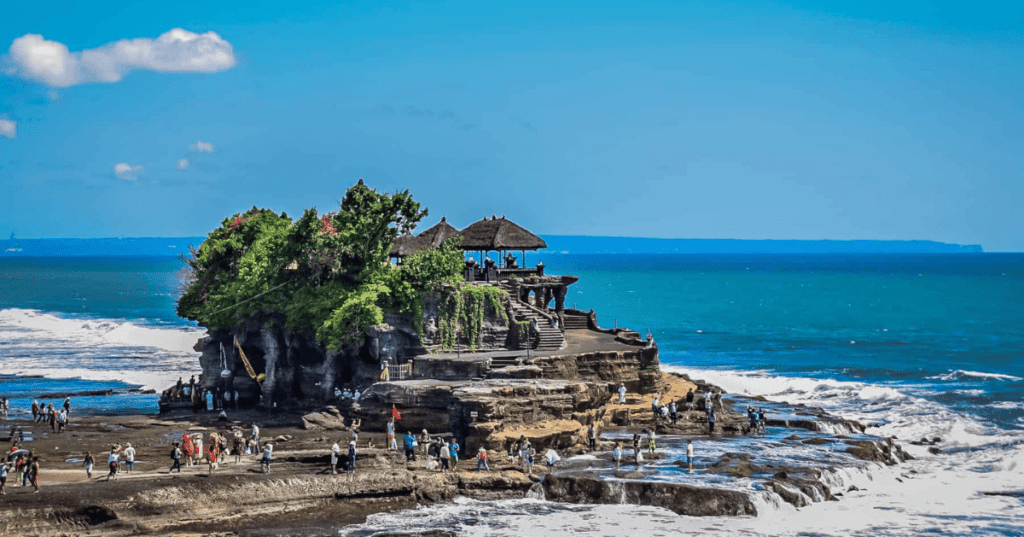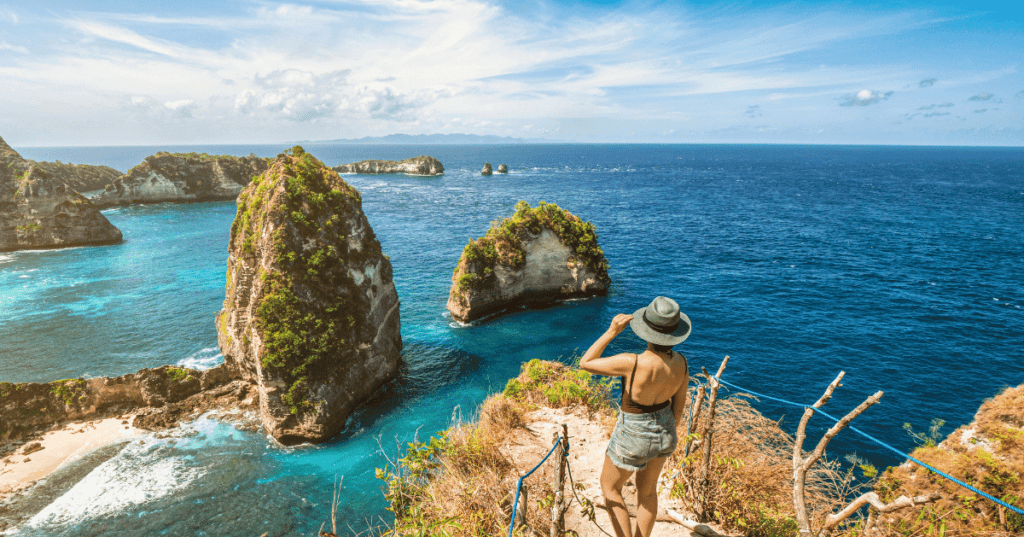Indonesia, an archipelago of over 17,000 islands, is known for its diverse culture, breathtaking landscapes, and bustling urban centers. Moving to Indonesia can be an exciting adventure, but like any country, it has its advantages and disadvantages. Here’s a detailed look at 20 pros and cons of living in Indonesia.
Pros
- Cost of Living
- The cost of living in Indonesia is relatively low compared to Western countries. Housing, food, and transportation are affordable, making it an attractive option for expatriates and retirees.
- Natural Beauty
- Indonesia boasts stunning natural landscapes, including beaches, mountains, and rainforests. Destinations like Bali, Lombok, and Raja Ampat offer some of the world’s most beautiful scenery.
- Cultural Diversity
- With over 300 ethnic groups, Indonesia offers a rich tapestry of cultures, languages, and traditions. This diversity is reflected in festivals, cuisine, and daily life.
- Friendly Locals
- Indonesians are known for their hospitality and friendliness. Expats often find it easy to make friends and integrate into local communities.
- Delicious Cuisine
- Indonesian food is diverse and flavorful, featuring dishes like nasi goreng (fried rice), satay, and rendang. Street food is abundant and affordable.
- Warm Climate
- Indonesia enjoys a tropical climate with warm temperatures year-round. This is ideal for those who prefer a warm environment over cold winters.
- Growing Economy
- Indonesia has one of the largest economies in Southeast Asia. The country offers numerous business and employment opportunities, especially in sectors like technology, manufacturing, and tourism.
- Affordable Domestic Help
- Domestic help is affordable in Indonesia, making it easier for expats to manage household chores and childcare.
- Vibrant Expat Community
- Major cities like Jakarta and Bali have thriving expat communities. There are numerous social clubs, events, and online forums to help newcomers settle in.
- Travel Opportunities
- Living in Indonesia provides easy access to other Southeast Asian countries. Weekend trips to destinations like Singapore, Malaysia, and Thailand are convenient and affordable.
- Healthcare
- Major cities offer quality healthcare facilities, with both public and private hospitals. Medical services are generally affordable, and many doctors speak English.
- Education
- There are numerous international schools in Indonesia, particularly in Jakarta and Bali, offering quality education following various international curricula.
- Rich History
- Indonesia has a fascinating history, with ancient temples, colonial buildings, and traditional villages to explore. Sites like Borobudur and Prambanan are UNESCO World Heritage Sites.
- Art and Handicrafts
- Indonesian art and handicrafts, such as batik, wayang puppetry, and wood carving, are world-renowned. Local markets offer unique and beautiful items.
- Entrepreneurial Opportunities
- The growing economy and favorable business environment provide ample opportunities for entrepreneurs looking to start or expand their businesses.
- Public Transport
- Public transport in major cities is improving, with new MRT and LRT lines making commuting easier and more efficient.
- Festivals and Events
- Indonesia hosts numerous festivals and events throughout the year, celebrating its diverse cultures and religions. These events are colorful, lively, and offer a deep insight into local traditions.
- Low Tax Rates
- Indonesia offers relatively low personal income tax rates, which can be beneficial for expatriates and investors.
- Natural Resources
- The country is rich in natural resources, including oil, gas, coal, and palm oil, which contribute significantly to the economy.
- Adventure Sports
- For adventure enthusiasts, Indonesia offers activities like diving, surfing, hiking, and volcano trekking, making it a paradise for thrill-seekers.
Cons
- Traffic Congestion
- Major cities, especially Jakarta, suffer from severe traffic congestion. Commuting can be time-consuming and frustrating.
- Air Pollution
- Air quality in urban areas can be poor, particularly during the dry season when forest fires in Sumatra and Kalimantan cause haze.
- Bureaucracy
- Navigating Indonesian bureaucracy can be challenging. Processes for visas, permits, and other official documents can be slow and cumbersome.
- Language Barrier
- While English is widely spoken in tourist areas and among the younger generation, the language barrier can still be a challenge in more rural areas.
- Internet Connectivity
- Internet speeds can be inconsistent, especially outside major cities. This can be a hindrance for remote workers and digital nomads.
- Healthcare Disparities
- While healthcare is good in major cities, rural areas often lack access to quality medical services and facilities.
- Natural Disasters
- Indonesia is prone to natural disasters such as earthquakes, tsunamis, and volcanic eruptions due to its location on the Pacific Ring of Fire.
- Cultural Adjustments
- Adapting to local customs and traditions can be challenging for some expats. Understanding and respecting local etiquette is crucial.
- Electricity Reliability
- Power outages can be frequent in some areas, especially during the rainy season. Backup generators are common in homes and businesses.
- Corruption
- Corruption can be an issue in various sectors, affecting business operations and daily life.
- Limited Public Services
- Public services such as sanitation, waste management, and public health can be limited or inconsistent, particularly in rural areas.
- Educational Challenges
- While there are good international schools, the overall quality of public education can be lacking, especially outside urban centers.
- Cultural Restrictions
- Indonesia is predominantly Muslim, and there are cultural and religious restrictions to be aware of, such as dress codes and alcohol consumption in certain areas.
- Infrastructure Development
- While improving, infrastructure in Indonesia can still be underdeveloped in many regions, affecting transportation and access to services.
- Climate Extremes
- The tropical climate can be extreme, with high humidity and monsoon rains leading to flooding in some areas.
- Noise Pollution
- Noise pollution from traffic, construction, and public events can be a nuisance, particularly in densely populated areas.
- Economic Inequality
- There is significant economic disparity between urban and rural areas, with many rural regions lacking basic amenities and opportunities.
- Visa Restrictions
- Visa regulations can be strict and change frequently, making it important to stay updated on current policies.
- Security Concerns
- While generally safe, certain areas of Indonesia can have security concerns due to political instability or local conflicts.
- Consumer Goods
- Imported goods can be expensive, and certain products may be difficult to find outside major cities.
Conclusion
Living in Indonesia offers a unique and enriching experience, blending modernity with tradition, and providing ample opportunities for both work and leisure. However, it’s essential to be aware of the challenges and prepare accordingly. Understanding both the pros and cons will help ensure a smoother transition and a more fulfilling life in this diverse and vibrant country.

